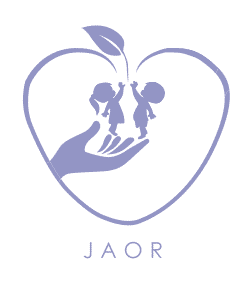What is maternal health?
Maternal health is the health of women during pregnancy, childbirth and the postpartum period and maternal health care services are antenatal care (ANC), delivery care and postnatal care (PNC) services. Maternal health has been a global concern because the lives of millions of women in reproductive age can be saved through maternal health care services. Despite efforts that have been made to strengthen maternal health care services, maternal mortality is still high in most of the developing countries.
Every day, approximately 800 women die from preventable causes related to pregnancy and childbirth and 99% of all maternal deaths occur in developing countries. Maternal mortality rates remain very high. According to UNICEF figures, a woman dies from complications during childbirth every minute – about 529,000 each year – the vast majority in developing countries. A woman’s risk in a developing country dying from a pregnancy-related cause throughout life is about 36 times higher compared with a woman living in a developed country. Though the causes of maternal deaths are numerous and vary from place to place depending on various factors, the major ones are: Hemorrhage (mainly postpartum hemorrhage), hypertension (eclampsia) and sepsis.
The large number of maternal mortality, especially in developing countries has been due to low level of maternal health care seeking behavior. Maternal health is a major challenge in most developing countries, including Kenya with a maternal mortality of 488 for every 100,000 live births.
We need to educate mothers on the importance of taking care of their own health. They often neglect their own health at the expense of the health of their children. Mothers need to understand that if they are healthy, they will be able to take better care of their families. Efficient healthcare systems need to be in place and accessible to each and every woman to prevent maternal and fetal death.
The following recommendations are provided for consideration in the effort to strengthen maternal healthcare policies and programmes;
i. Increase resource allocation to strengthen maternal healthcare programmes and services
ii. Increase the access to quality maternal healthcare services
iii. Reduce demand-side barriers to accessing maternal healthcare
iv. Implement interventions using an integrated approach
v. Address inequities in access to and quality of sexual, reproductive and maternal healthcare
– Ijaaba A
